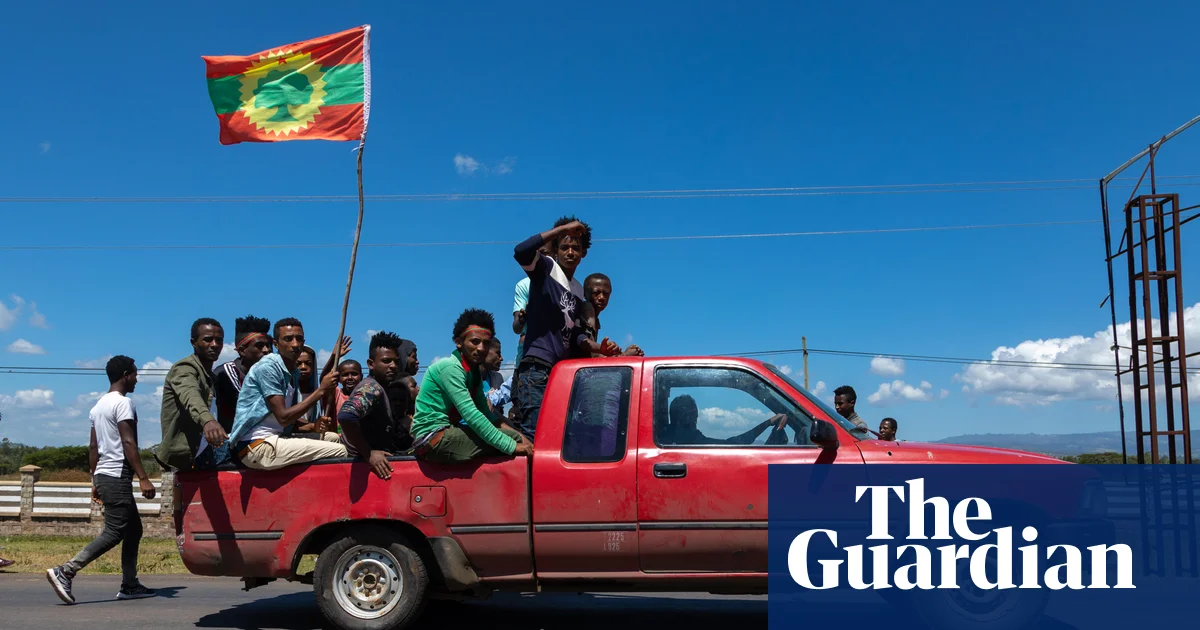Ethiopia’s kidnapping epidemic
Post By Diaspoint | July 17, 2024

Political conflict and a ‘broken economy’ have seen abductions and ransom demands
More than 100 people, mostly students, are being held for ransom by kidnappers in Ethiopia, the latest in an epidemic of abductions in the troubled country.
The kidnappings are centred on the restive Oromia region. Buses travelling from a university in the area to the capital Addis Ababa in early July were attacked and passengers taken.
‘A persistent threat’
Kidnapping has been a “persistent threat for years” in Oromia, the region that “runs through the heart of Ethiopia” and surrounds Addis Ababa, said The Guardian.
The latest victims were travelling in three buses, making their way to the capital from Debark University in the Simien mountains. Eyewitnesses said there were gunshots and orders to run, before the captors began to beat people with sticks. “It was terrifying,” one told the BBC.
The gunmen are thought to have transported their captives to a remote rural area. A student, who is still being held, managed to “sneak a phone call” to her family, said the BBC. She told them she had witnessed her captors killing some of the other students. “She has given up on life now,” a relative told the broadcaster.
Families of the victims have received ransom demands. The brother of one of the abductees was phoned and told that if he ever wanted to see his sister again, he needed to pay 700,000 Ethiopian birr (£9,400). On Friday, the Ethiopian Human Rights Council said that some students have apparently been released after their families paid ransoms, according to the Toronto-based Ethiopian news site Borkena.
The attackers spoke the Oromo language, another eyewitness told Reuters, and had hairstyles associated with fighters from the Oromo Liberation Army (OLA) .The OLA says it is fighting for the “self-determination” of the Oromo ethnic group, but it has been classified as a terrorist organisation by the federal parliament, and the UN has linked the group to murder, rape and kidnapping for ransom. A spokesman has denied that it carries out abductions to finance its operations.
Last year, the Ethiopian Human Rights Council said victims of the kidnapping epidemic “often endure torture, cruel treatment, and detainment under inhumane conditions, constituting severe crimes against human dignity”.
‘Easy money’
Not all abductions are for “political aims”, said The Guardian. In Ethiopia’s “broken economy” collecting ransoms is seen as “easy money” and “anyone can be a target”.
Local farm owners known to have recently sold their crops have been kidnapped, “but it has escalated into something much more widespread”, a manager of a foreign-owned farm told The Guardian. “All our senior staff are targets”, they said. “We can’t get any of them to our site, it’s too risky.”
Last summer, more than 50 passengers travelling from the Amhara region to Addis Ababa were kidnapped, and in late 2019, 18 university students in Oromia were said to have been kidnapped by armed attackers. Although Oromia is a “hotspot” for abductions, kidnappers also operate elsewhere, said the BBC, such as the “war-scarred regions” of Tigray and Amhara.
The government’s response has been “ham-fisted”, characterised by “arbitrary arrests and unlawful killings”, according to the state-appointed human rights commission.
The British embassy advises UK nationals to “avoid regular patterns of travel or movement” in large parts of Oromia because of the risk of kidnapping.
Read More from original source
